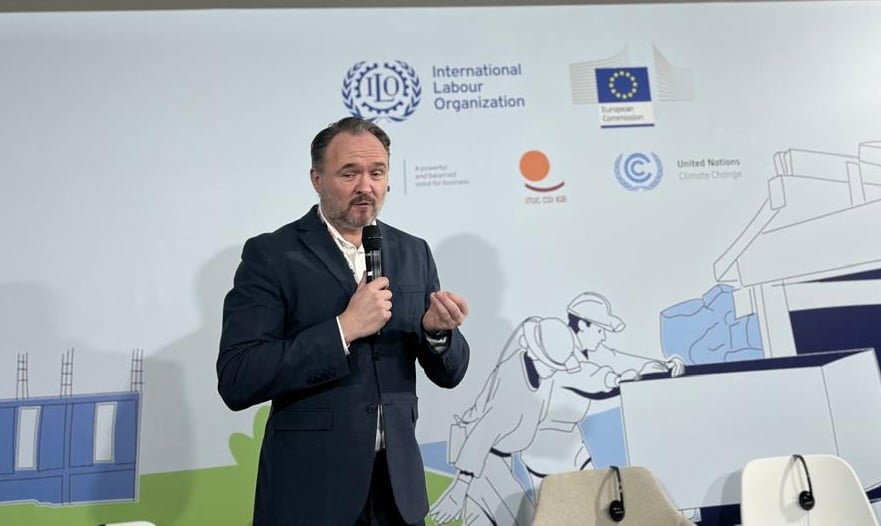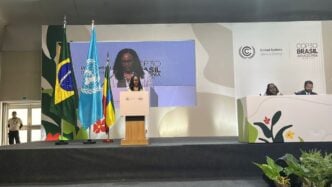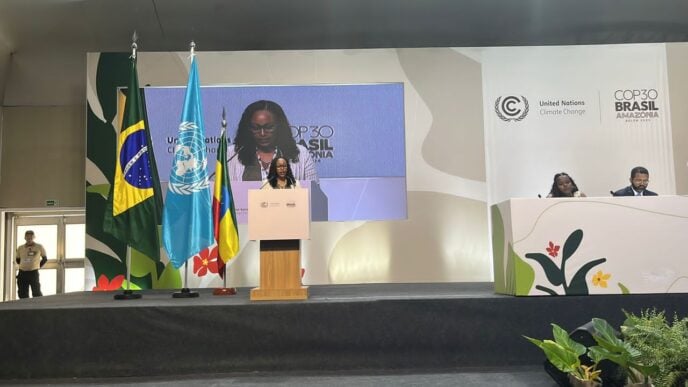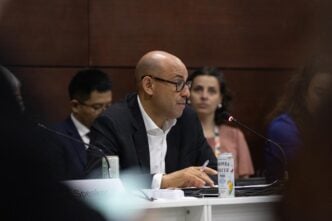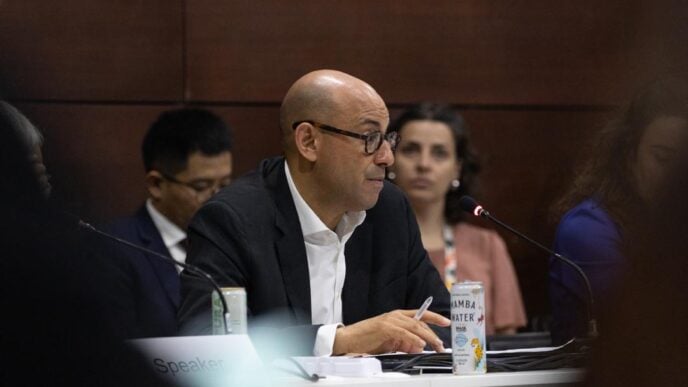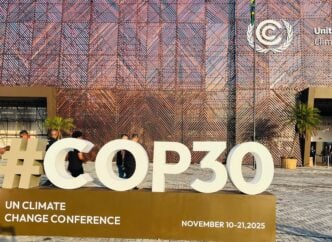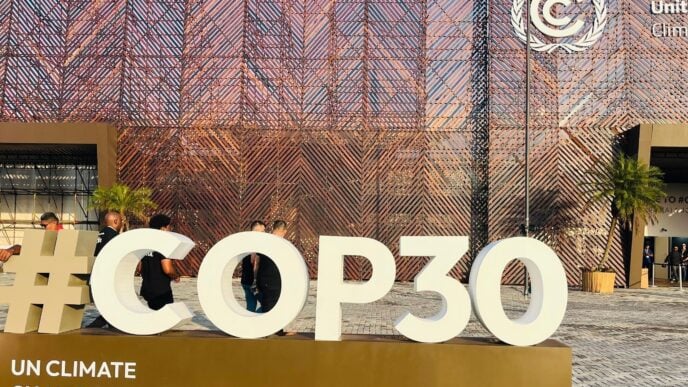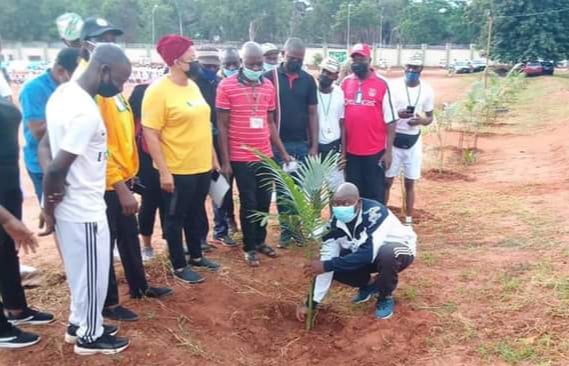Dan Jorgensen, commissioner for energy and housing at the European Commission

Policymakers and labour experts have called for stronger, inclusive policies to ensure the global energy transition does not deepen existing inequalities and leave vulnerable workers behind.
Speaking on Friday at a side event on “Jobs, skills and climate: Realising equitable transitions” at the ongoing COP30 in Belém, Brazil, Dan Jorgensen, commissioner for energy and housing at the European Commission, said governments must act urgently to ensure climate action does not leave vulnerable workers behind.
Jorgensen said the green shift must bring everyone on board and warned against climate projects that deepen hardship.
Advertisement
“We need to move fast and transform society so the consequences of climate change do not catch up with us,” he said.
“Transitions can have negative consequences—people lose jobs, anxiety rises, and communities face social catastrophe. Governments and NGOs must take this seriously.
“COP30 can be the COP where we focus on how to make just transition real—turning commitments into real action and real change.”
Advertisement
Studies show that many countries are not adequately preparing their workforce for the rapid shift to low-carbon industries.
A 2023 report by the International Labour Organisation (ILO) estimates that while 24 million new green jobs could be created globally by 2030, millions of workers in fossil-fuel and informal sectors remain at high risk of displacement without social safeguards and skills retraining.
The ILO also warned that transitions without strong labour protections could deepen gender and income gaps.
‘WITHOUT WORKERS, JUST TRANSITION WILL FAIL’
Advertisement
Jean-François Gagné, head of the secretariat at the Clean Energy Ministerial, said the success of the global transition hinges on the people who will build and maintain clean-energy systems.
“If we don’t have the people, just transition may fail,” Gagné said.
“We need to ensure it creates high-skilled jobs and that the workforce is prepared. Gender gaps must be addressed, and local populations must see real opportunities for themselves.”
Recent data from the IRENA–ILO renewable energy jobs report shows that women make up only 32 percent of the renewable-energy workforce, with even lower representation in technical roles—a gap experts say could widen without targeted policies.
Advertisement
Panellists at COP30 also highlighted the need for stronger education and workforce-development strategies that align with emerging green sectors such as renewable energy, sustainable construction, and clean manufacturing.
Luana Ozemela, chief sustainability officer at iFood, said transition efforts must evolve to create green, digital, and technology-enabled jobs.
Advertisement
“We need to turn the idea of just transition into jobs that people can actually access in the labour market,” she said.
Ulrik Stridbæk, vice-president and head of group regulatory affairs at Ørsted, added that long-term training programmes and skills transfer must be prioritised to avoid creating new inequalities.
Advertisement
Leslie Johnston, chief executive officer (CEO) at Laudes Foundation, cautioned that not all green jobs guarantee economic security, noting that “the quality of green jobs matters as much as the quantity.”
“Many workers in construction—a key sector for the transition—make about 20 percent less than the national median,” Johnston said.
Advertisement
Her warning aligns with findings from a recent OECD analysis, which shows that workers in emerging green roles often face unstable contracts and lower pay compared to traditional industries — especially in developing countries.
Allen Blue, co-founder and vice president of products at LinkedIn, said artificial intelligence could also widen existing inequalities in the emerging green economy.
This report was produced with support from Sahara Group and the Kaduna state government
